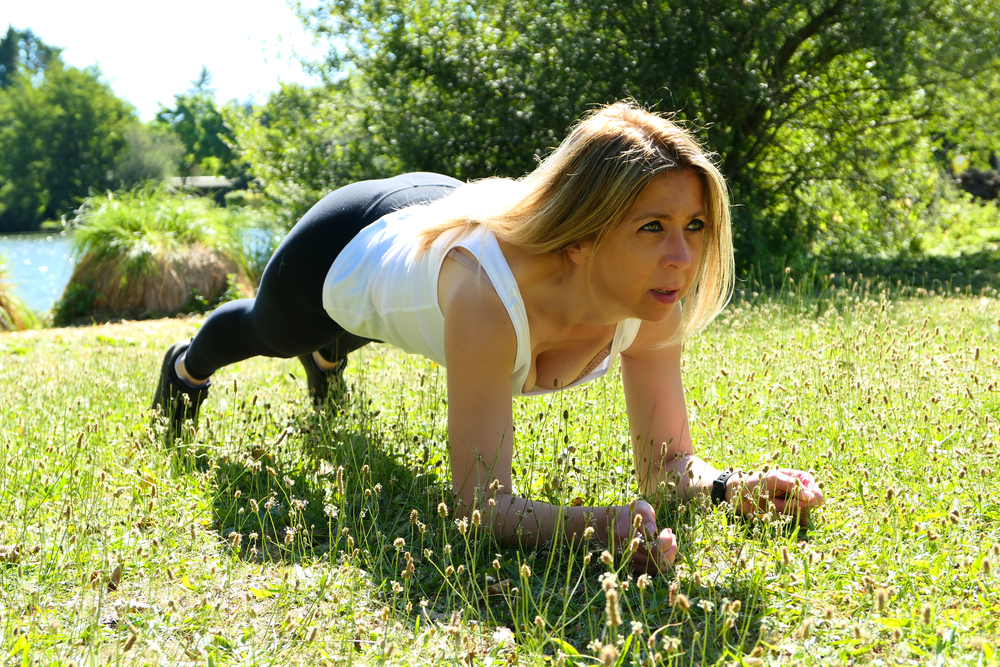Core strengthening exercises like planking might appear simple, but they pack a punch when it comes to building a strong foundation. Often overlooked, core workouts deserve a top spot in your fitness routine, whether you’re a seasoned athlete or a beginner seeking improved fitness. They sculpt your body, shield you from injuries, and leave you feeling stronger, more flexible, and self-assured—all with minimal sweat. Ready to embrace this dynamic yet surprisingly fun exercise? Let’s dive in!
What Is Core Strengthening?
Core strengthening, or “planking,” is a static exercise that targets your deep muscles through precise postures. Unlike traditional weightlifting, planking relies on stillness to activate key muscle groups. Holding a plank position may seem easy at first glance, but beneath the surface, it’s a full-body challenge.
When done correctly, a simple plank engages:
- Abdominal muscles (deep core, including the transverse abdominis),
- Shoulders, back, and glutes,
- Leg muscles for added stability.
This holistic activation makes core exercises incredibly efficient, reaching beyond visible muscles to fortify the often-neglected stabilizers crucial for balance and posture.
Why Practice Core Strengthening?
While planking can carve out magazine-worthy abs, its real benefits go far beyond aesthetics. Here’s how core strengthening improves your overall well-being:
1. Build Deep Muscle Strength
Planking enhances stabilizer muscles that support your spine and align your posture. A stronger core boosts overall movement efficiency and safeguards your back from strain.
2. Prevent Lower Back Pain
Back pain, a modern-day epidemic, often stems from weak core muscles. Regular planking reduces spinal pressure, alleviating and preventing discomfort.
3. Improve Balance and Stability
Planking strengthens not only your abs but also your back, glutes, and legs. This enhanced stability benefits everyone, from athletes to those navigating daily tasks.
4. Simple, Effective, and Equipment-Free
All you need is motivation and a flat surface. Even beginners can start small and gradually increase the duration. In just minutes a day, core exercises deliver noticeable results.
5. Full-Body Toning
Beyond your core, planking tones arms, thighs, and glutes, making it a versatile addition to any workout regimen.
Core Strengthening for Everyday Wellness
Planking isn’t just about building muscle—it’s a path to holistic physical and mental well-being.
1. Stress Relief and Confidence Boost
A strong core translates to better posture, helping you stand tall and feel confident. Reduced physical stress also fosters mental clarity and calm.
2. Improved Breathing
Core exercises engage your diaphragm and other respiratory muscles, encouraging deeper breaths and better oxygen flow.
3. Better Sleep Quality
A balanced body promotes comfort during rest. Regular planking eases tension, helping you fall asleep faster and wake up refreshed.
Core Exercise Variations to Level Up Your Routine
Tired of the standard plank? Try these dynamic alternatives to keep your workouts exciting and effective:
1. Side Plank
Targets obliques and waist muscles. Balance on one forearm, maintaining a straight line from head to heels.
2. Dynamic Plank
Introduce movement by alternating between forearms and hands or lifting one limb at a time. These variations challenge your balance and coordination.
3. Superman Plank
Lie face down, then lift both arms and legs simultaneously. This move emphasizes the often-neglected lower back muscles.
4. Instability Plank
Incorporate tools like gym balls or balance boards to increase the difficulty, forcing your stabilizers to work overtime.
Making Core Strengthening a Daily Habit
Consistency is key to maximizing the benefits of planking. Here’s how to make it stick:
- Start Small: Begin with 20–30 seconds and work your way up.
- Daily Commitment: Just a few minutes per day are enough to see results.
Perfect Your Form: Align your body—no sagging hips or strained necks! Keep shoulders above elbows and gaze down.
Conclusion: Planking—Your Gateway to Strength and Balance
Core strengthening isn’t just an exercise; it’s a transformative tool for better living. By targeting deep muscles, planking improves posture, builds endurance, and relieves back pain—all while toning your entire body. Its versatility, simplicity, and accessibility make it an essential addition to any fitness routine. Whether you’re just starting out or looking to spice up your workouts, planking offers endless possibilities to stay challenged and engaged.
So, are you ready to hit the floor and discover your core’s true potential?
References:
- McGill, S. M. (2016). Core Training: Evidence Translating to Better Performance and Injury Prevention. Sports Health.
- Ekstrom, R. A., Donatelli, R. A., & Soderberg, G. L. (2007). Surface Electromyographic Analysis of Core Muscle Activation During Rehabilitation Exercises. Journal of Orthopaedic & Sports Physical Therapy.
- Hibbs, A. E., Thompson, K. G., French, D., Wrigley, A., & Spears, I. (2008). Optimizing Performance by Improving Core Stability and Core Strength. Sports Medicine.
- Behm, D. G., Drinkwater, E. J., Willardson, J. M., & Cowley, P. M. (2010). The Effectiveness of Strength Training on Submaximal Repetition Performance. Journal of Strength and Conditioning Research.
- Beach, T. A. C., Frost, D. M., Callaghan, J. P., & McGill, S. M. (2015). Exercise, Strength, and Flexibility for the Prevention of Low Back Pain. Journal of Strength and Conditioning Research.


